Meet Italy’s oldest student: Surviving the Second World War and a pandemic to graduate at 96
Giuseppe Paterno grew up loving books but never got the chance to study beyond basic schooling
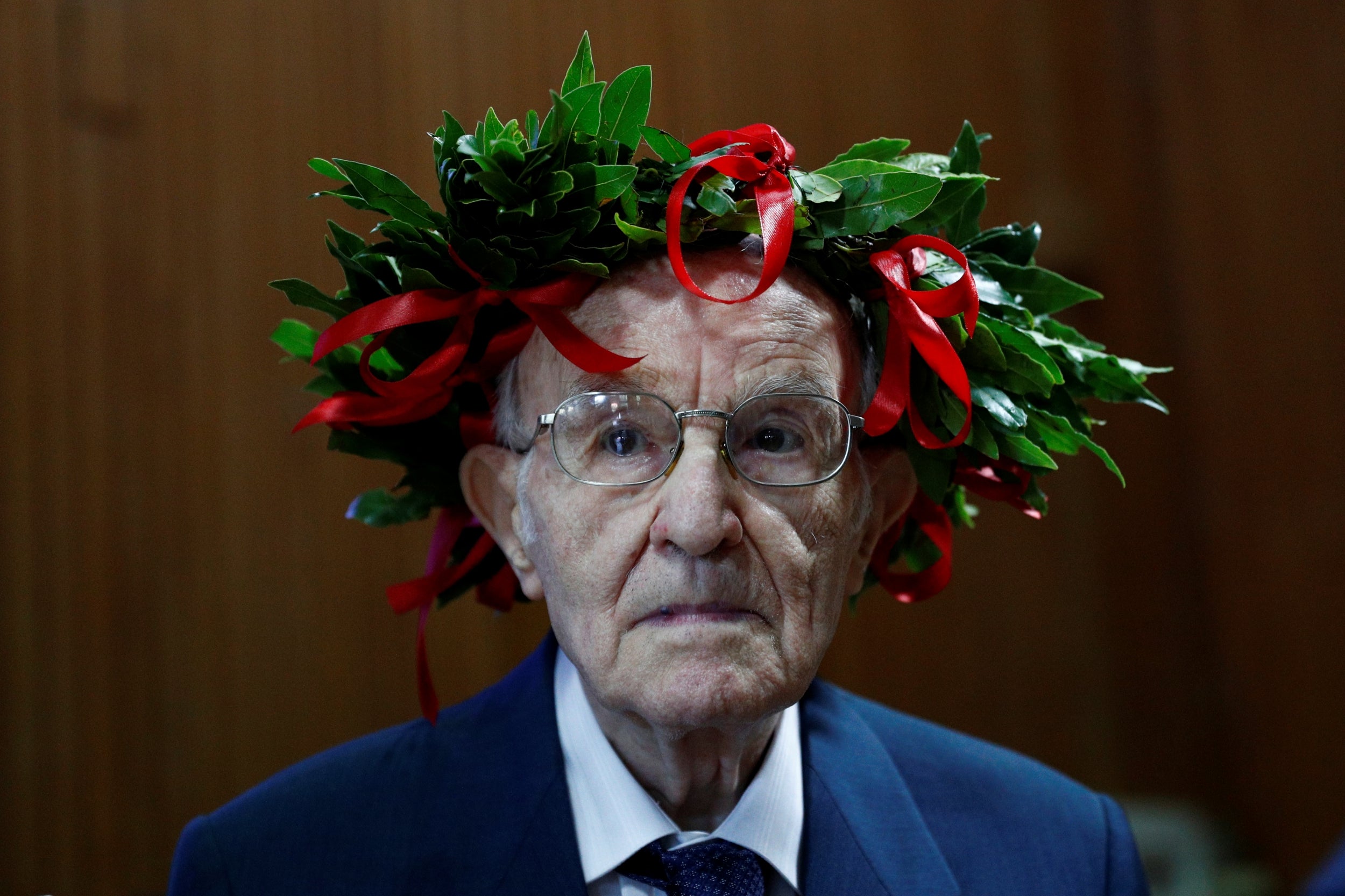
Your support helps us to tell the story
From reproductive rights to climate change to Big Tech, The Independent is on the ground when the story is developing. Whether it's investigating the financials of Elon Musk's pro-Trump PAC or producing our latest documentary, 'The A Word', which shines a light on the American women fighting for reproductive rights, we know how important it is to parse out the facts from the messaging.
At such a critical moment in US history, we need reporters on the ground. Your donation allows us to keep sending journalists to speak to both sides of the story.
The Independent is trusted by Americans across the entire political spectrum. And unlike many other quality news outlets, we choose not to lock Americans out of our reporting and analysis with paywalls. We believe quality journalism should be available to everyone, paid for by those who can afford it.
Your support makes all the difference.At 96, Giuseppe Paterno has faced many tests in life – childhood poverty, war and, more recently, the coronavirus pandemic. Now he has sailed through an exam that makes him Italy‘s oldest university graduate.
This week, the former railway worker stepped forward to receive his diploma and the traditional laurel wreath awarded to Italian students when they graduate, applauded by his family, teachers and fellow students more than 70 years his junior.
“I am a normal person, like many others,” he said, when asked what it felt like to be graduating so late. “In terms of age, I have surpassed all the others but I didn’t do it for this.”
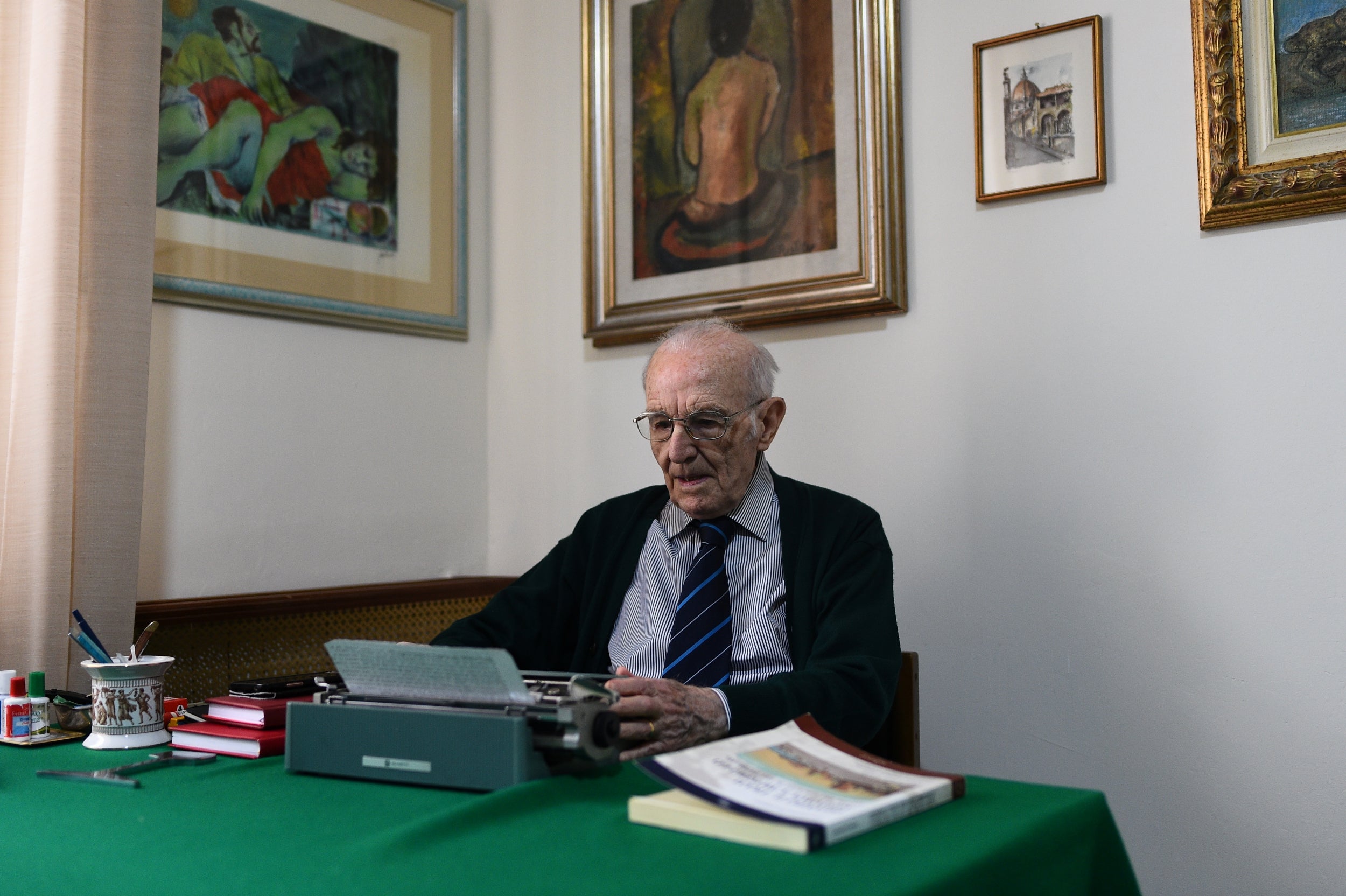
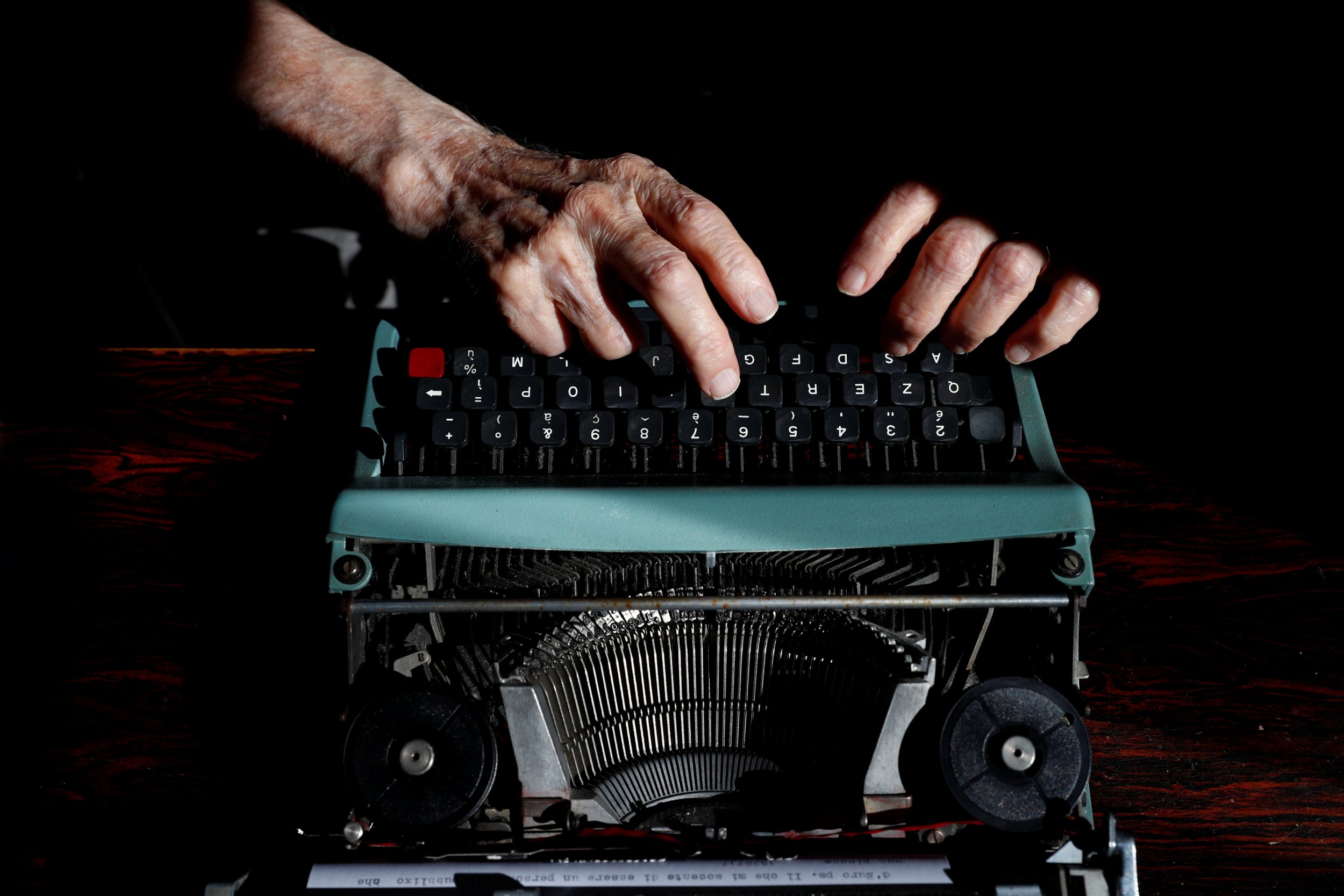
Already in his nineties when he enrolled for a degree in history and philosophy, Paterno grew up loving books, but he never had the chance to study.
“I said, ‘That’s it, now or never,’ and so, in 2017, I decided to enrol,” he told Reuters in his apartment in the Sicilian city of Palermo, which he rarely leaves nowadays because of his frailty.
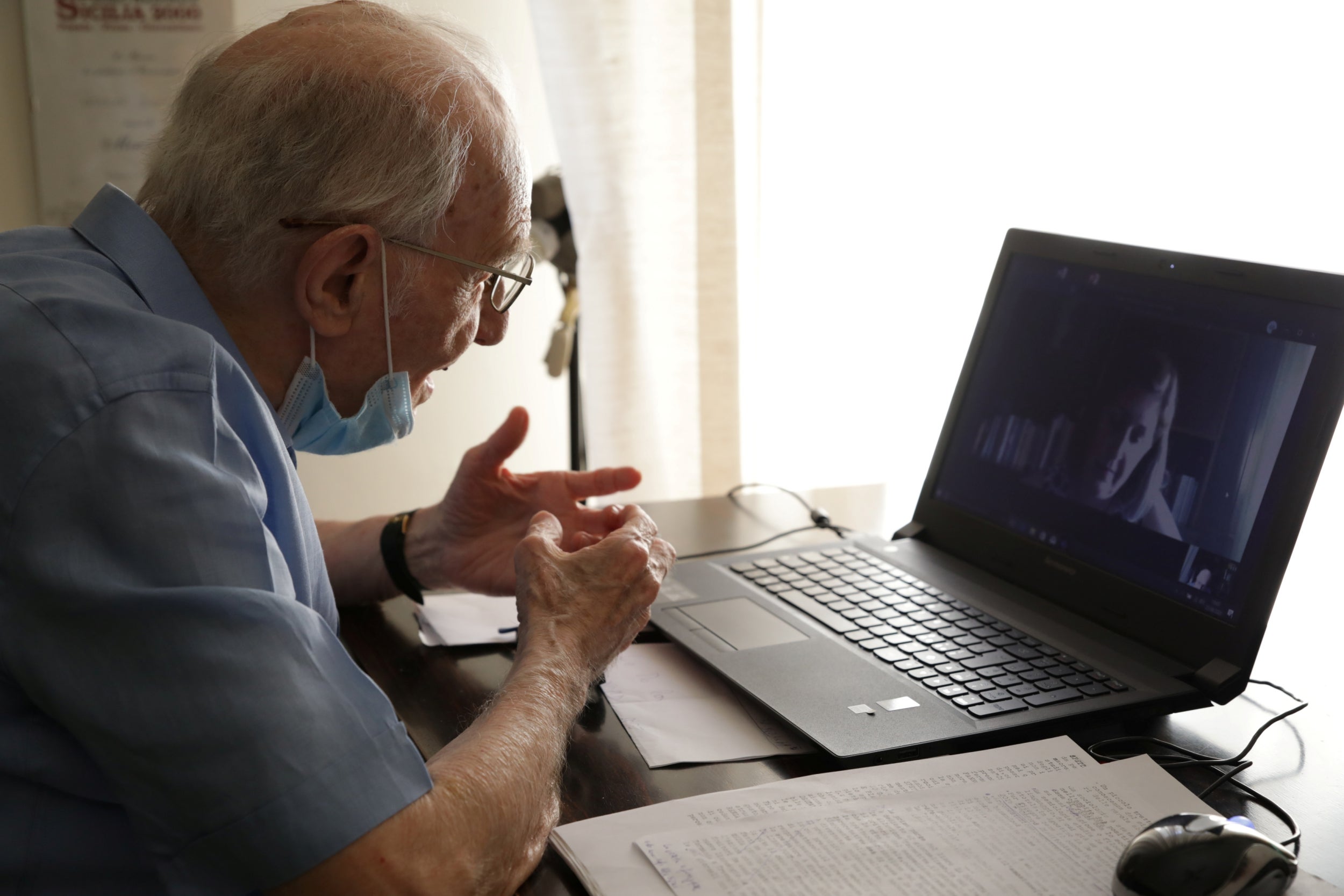
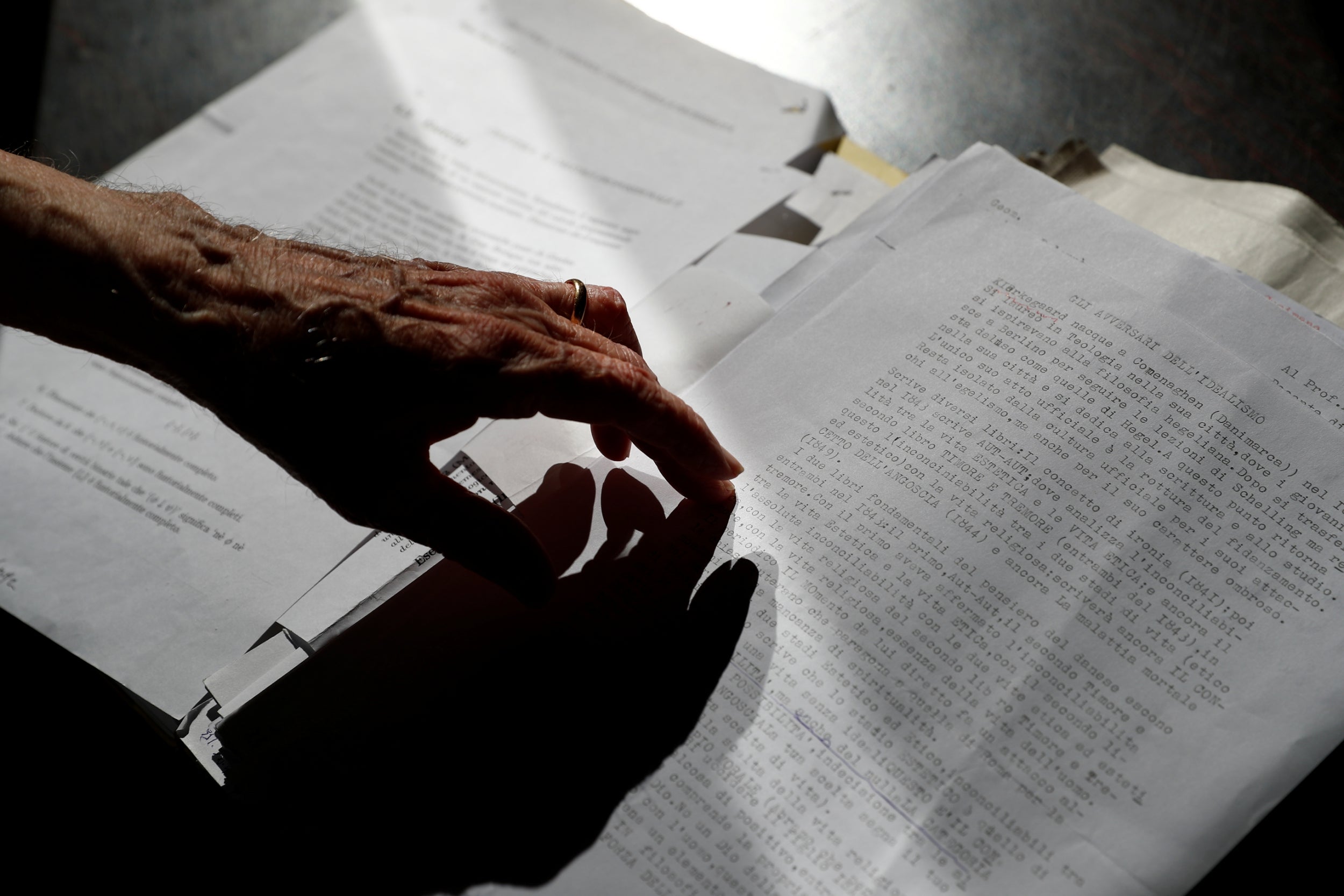
“I understood that it was a little late to get a three-year degree but I said to myself, ‘Let’s see if I can do it’.”
Earlier this month, he graduated first in his class with top honours, receiving congratulations from the University of Palermo’s chancellor, Fabrizio Micari.
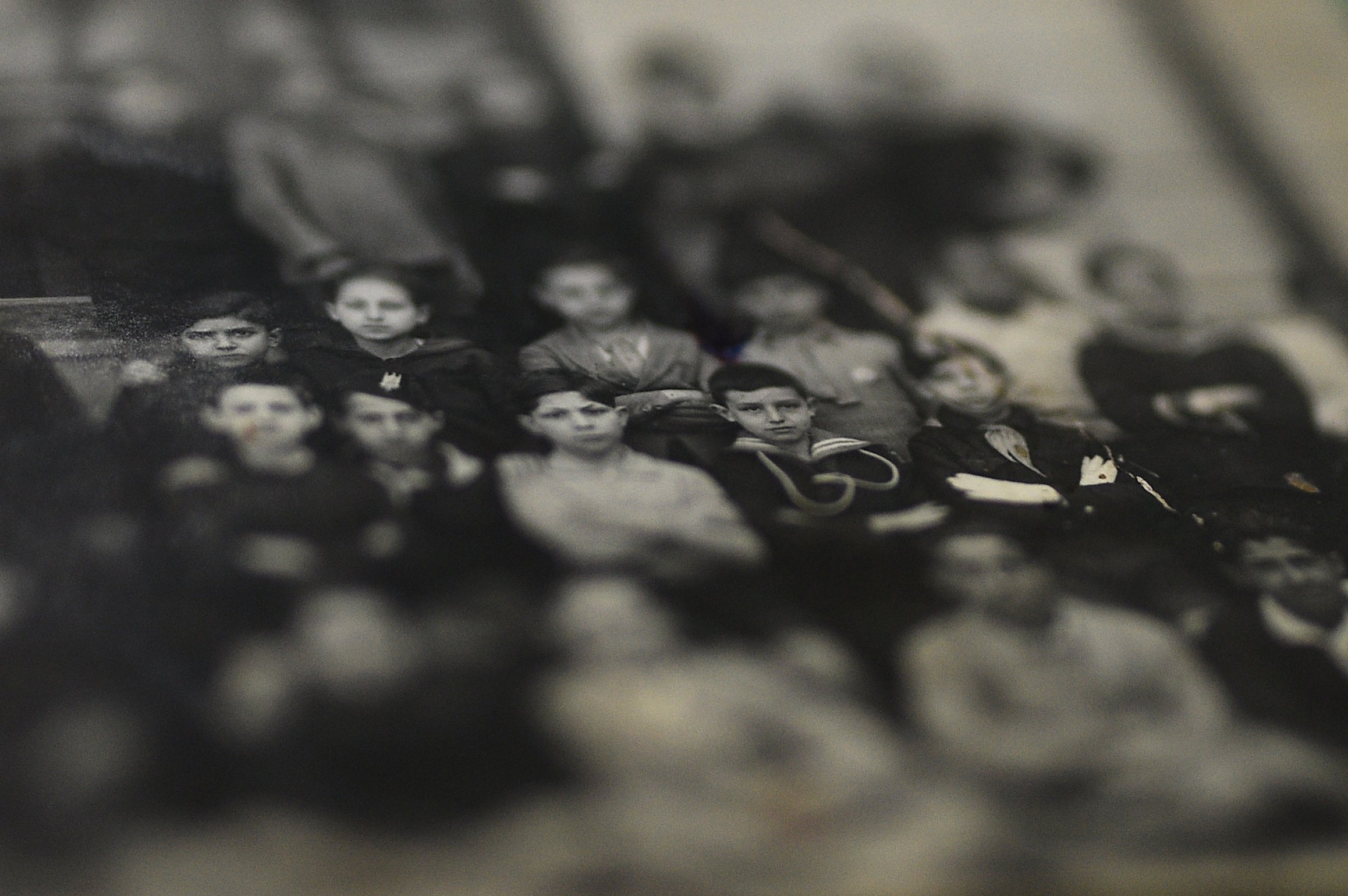
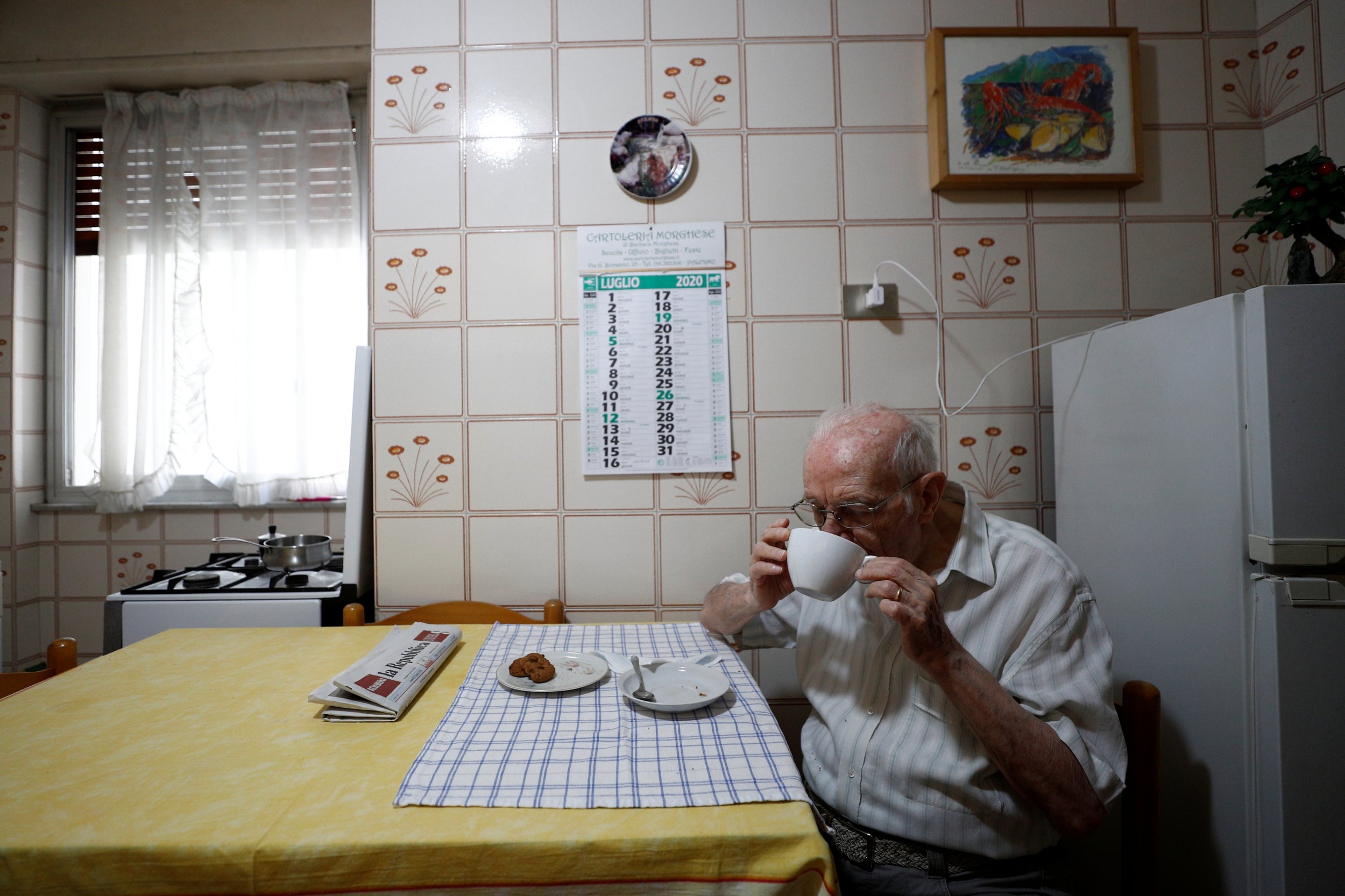
Growing up in a poor family in Sicily in the years before the Great Depression, Paterno received only basic schooling as a child. He joined the navy and served during the Second World War before going on to work in the railways as he married and brought up two children.
In a society focused on rebuilding after the war, work and family were the priorities, but Paterno wanted to learn and graduated from high school at the age of 31, always harbouring a desire to go further.
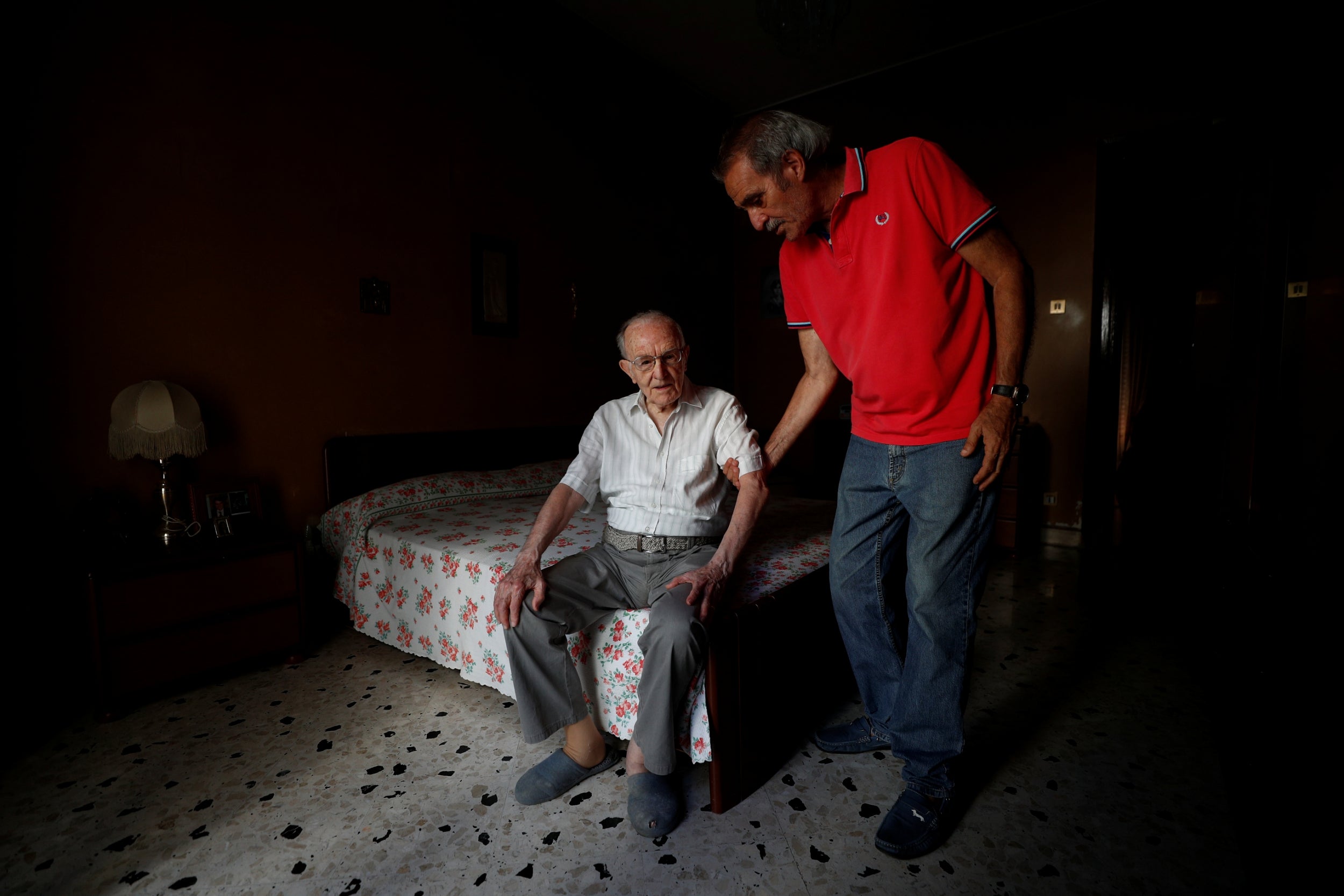
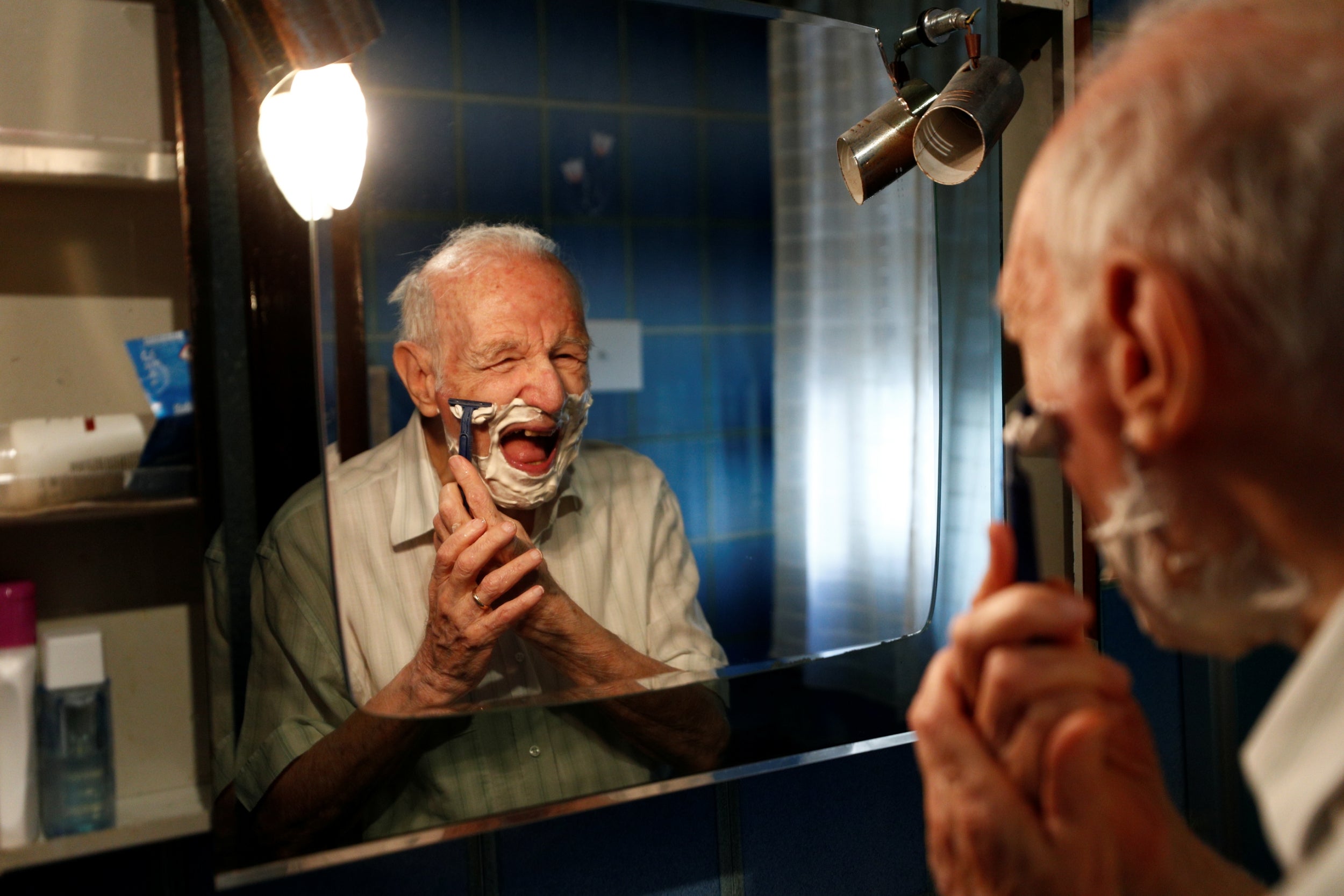
“Knowledge is like a suitcase that I carry with me. It is a treasure,” he said.
As a student, he tapped out his essays on the manual typewriter his mother gave him when he retired from the railways in 1984. He eschewed Google in favour of printed books and was not tempted by the late-night student parties of his 20-year-old classmates, who applauded him warmly at the graduation ceremony.
“You are an example for younger students,” his sociology professor, Francesca Rizzuto, told him after he passed his final oral examination in June.
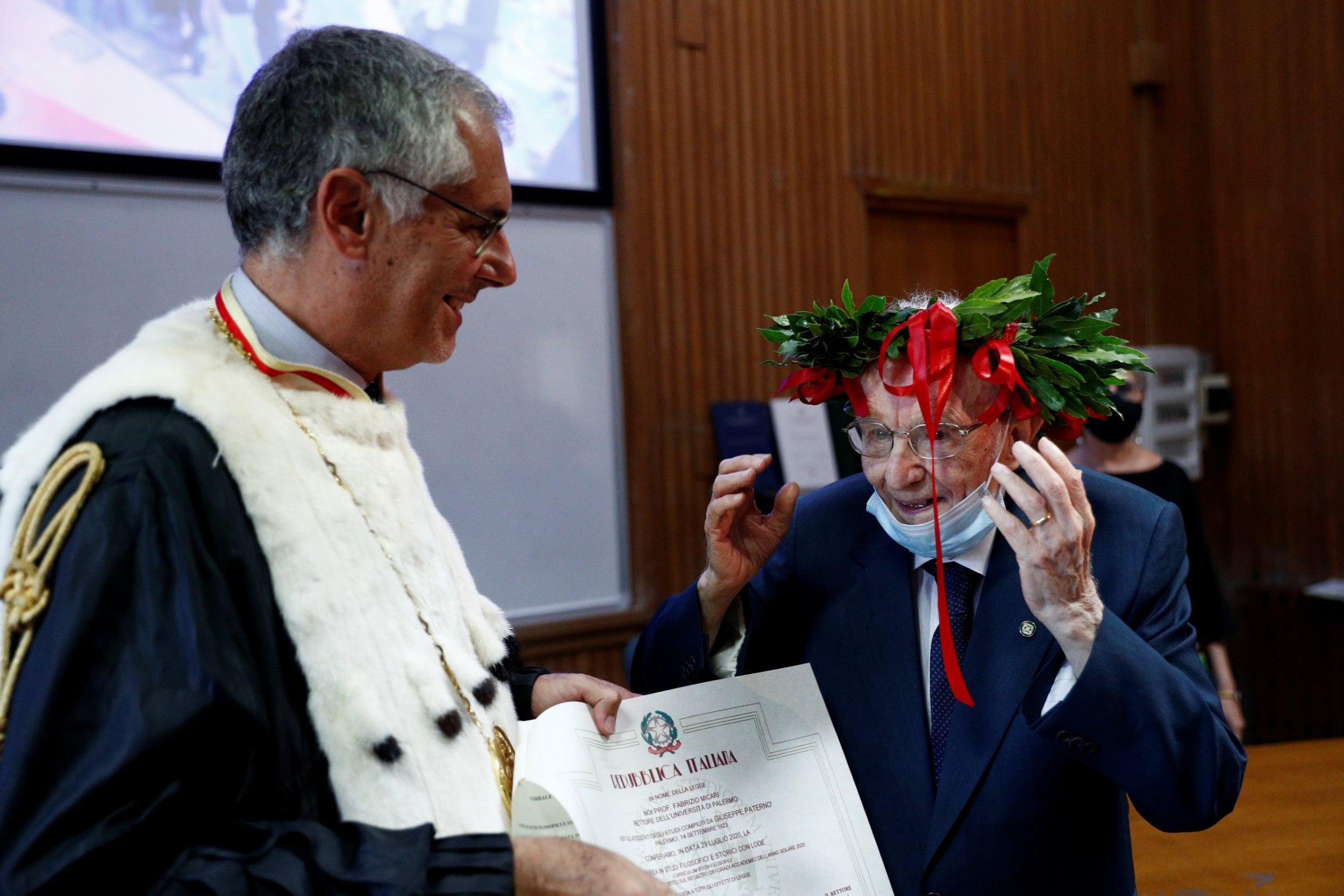
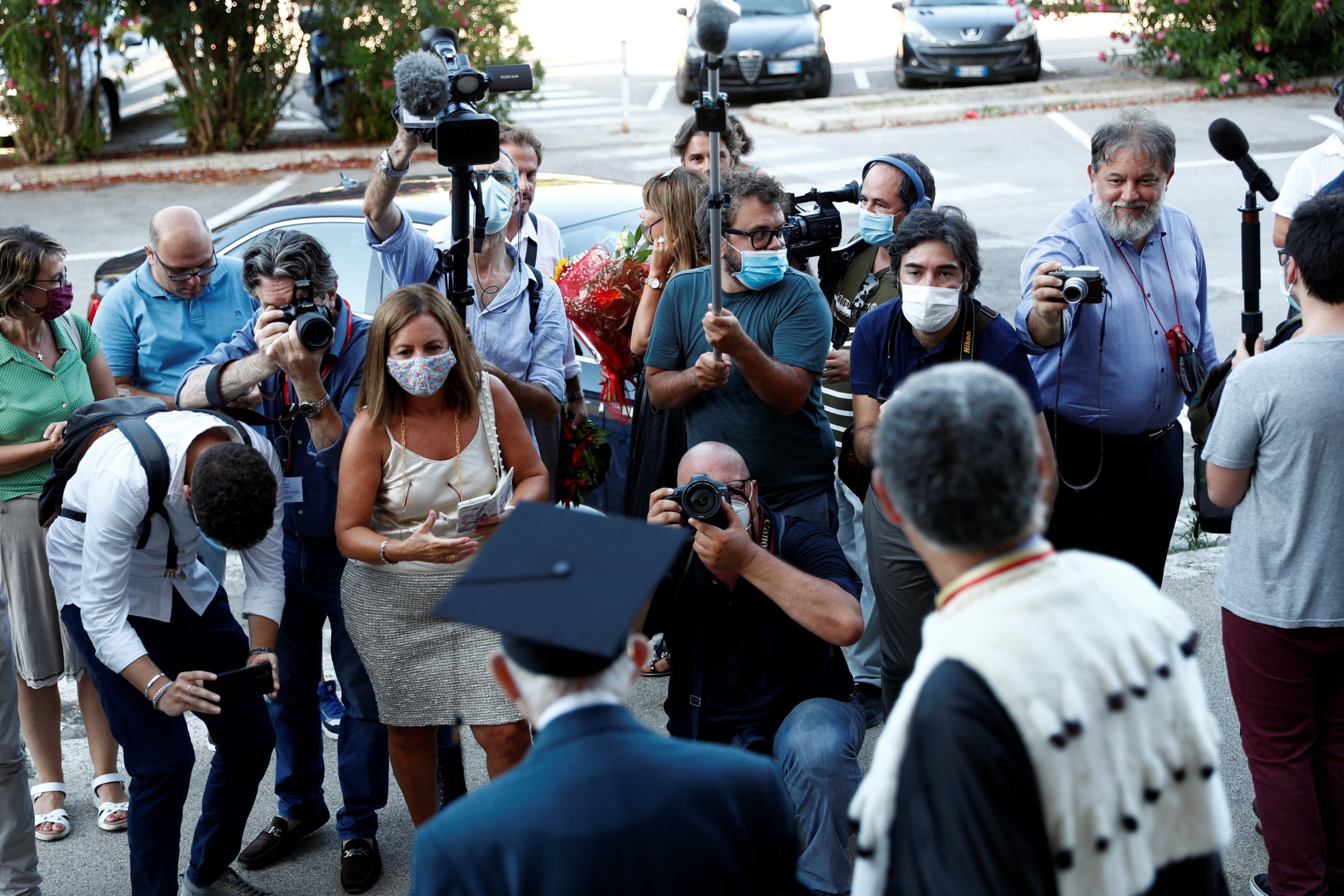
Paterno confessed to a little unease with the video calls that replaced classroom teaching during the coronavirus shutdown, but said he was not put off by the disease itself after the war and everything else he had been through in life.
“All of that strengthened us, all of my peer group, all of those who are still alive,” he said. “It didn’t really scare us that much.”
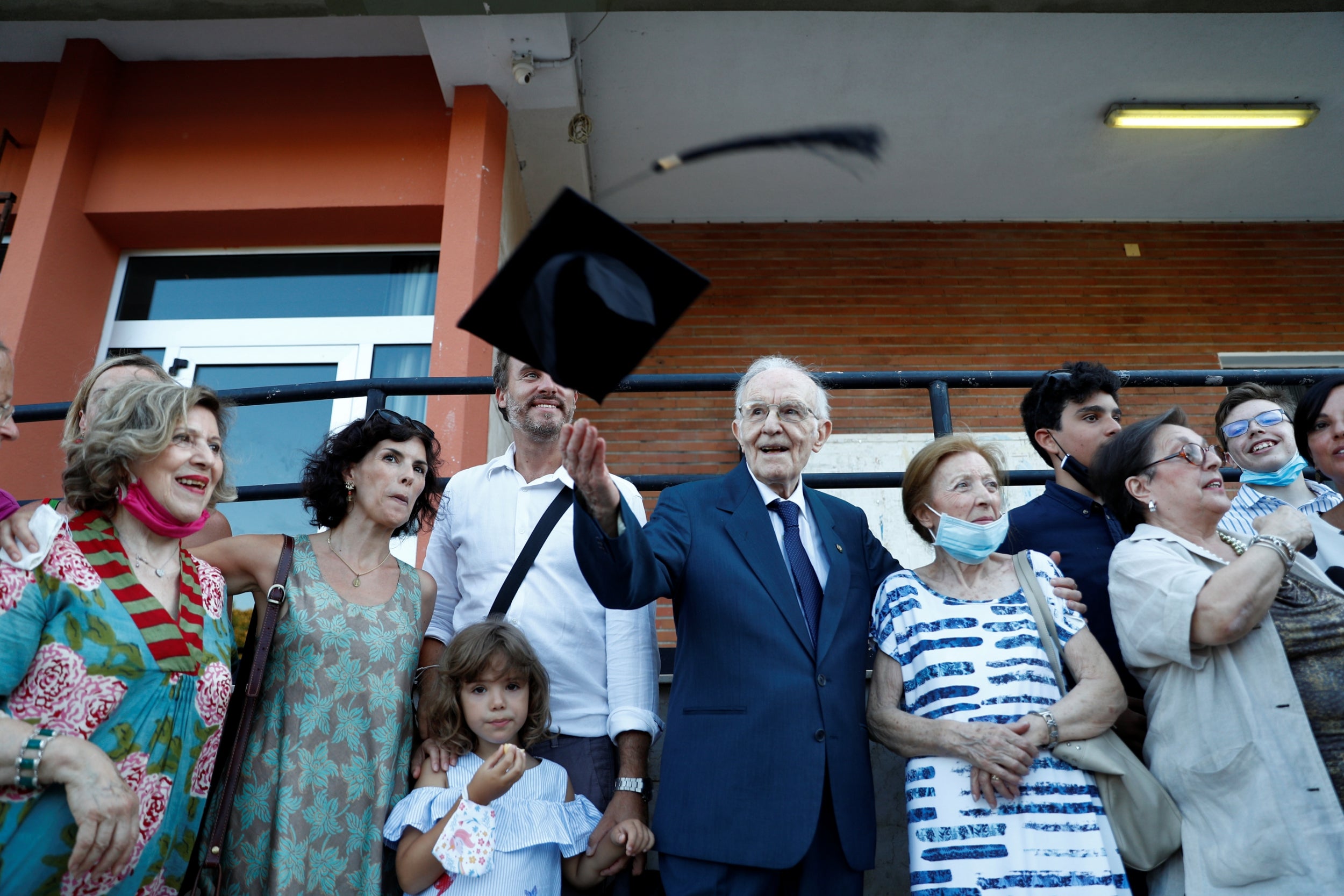
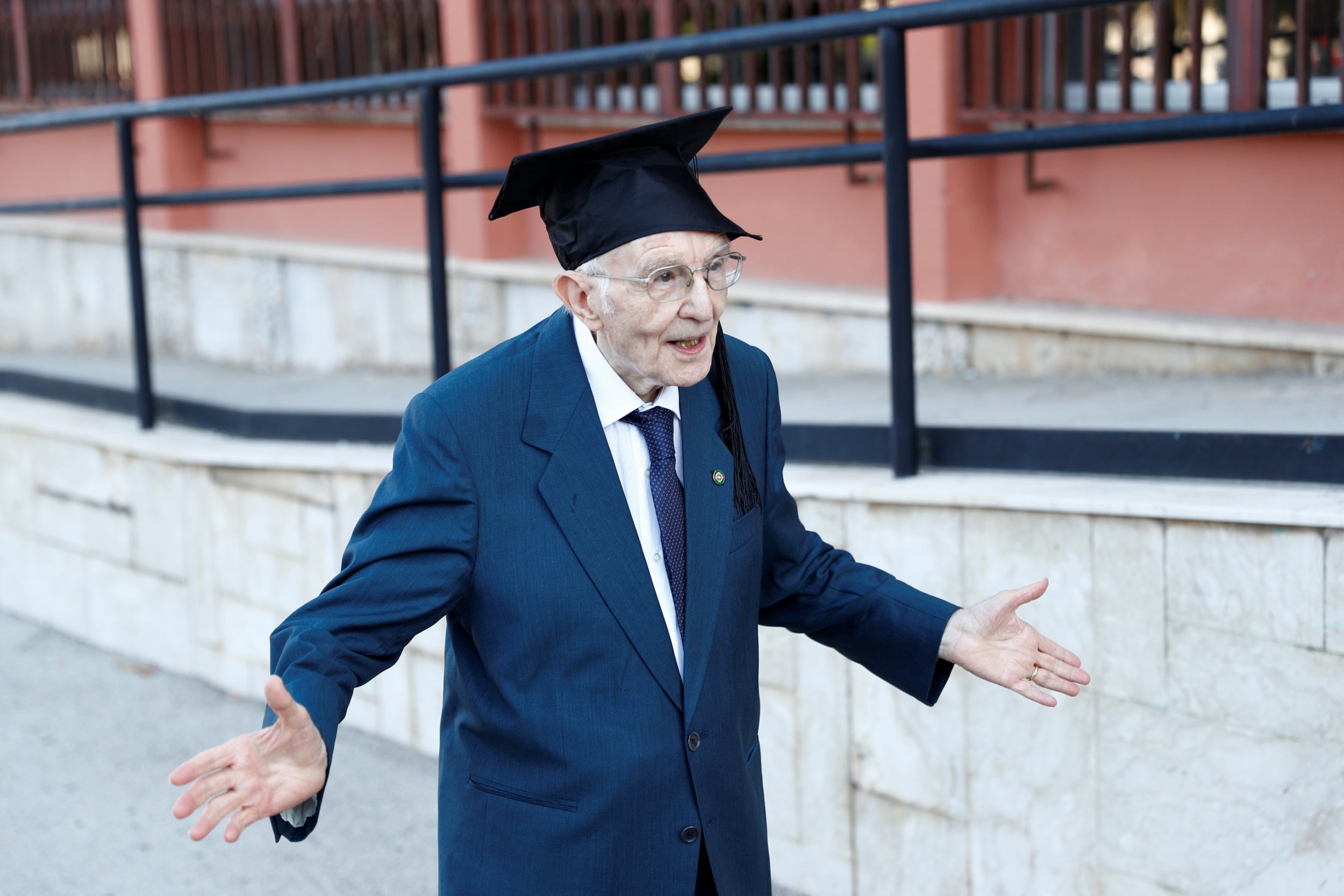
As for what he planned to do next, he said he was not about to stop now he had graduated.
“My project for the future is to devote myself to writing; I want to revisit all the texts I didn’t have a chance to explore further. This is my goal.”
Writing by James Mackenzie, Reuters
Join our commenting forum
Join thought-provoking conversations, follow other Independent readers and see their replies
Comments